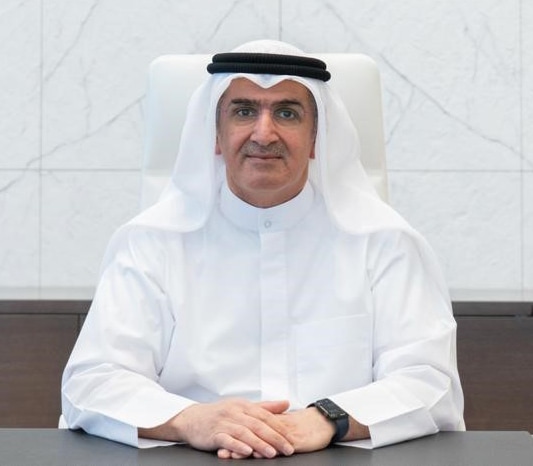Governor Basel Al-Haroon of the Central Bank of Kuwait talks about rising oil prices and diversity within the banking sector.

Global Finance: How is Kuwaiti banking affected by the war in Ukraine and higher oil prices?
Basel Al-Haroon: Kuwaiti banks have minimal exposure to both Ukraine and Russia banks. They are well capitalized with low non-performing loans and good profitability and will benefit from the positive effect of higher oil prices on Kuwait’s economy. The increase in oil prices indirectly affects the Kuwaiti banks, as it increases the government’s fiscal surplus—which means government spending will remain robust and credit demand will increase.
On a larger scale, the crisis in Ukraine could exacerbate global inflationary pressures, and in turn, hawkish monetary policy stances can put pressure on economies, raising fears of recession. Ultimately, this could spill over locally.
GF: What are the coming challenges Kuwaiti banks face?
Al-Haroon: The CBK’s prudent monitoring and guidance pushed banks to build buffers over recent years. Potential future shocks are adequately accounted for, as available capital comfortably exceeds minimum regulatory requirements, at 18.4% versus 13%. This is further supported by the high asset quality the local banking sector enjoys, with a high provisions coverage ratio of 303% and a low level of non-performing loans, at 1.46%. Thus, the general outlook of the financial sector remains both positive and resilient in light of the current global uncertainty.
The most prominent challenge facing local banks is the shift to digitization and efforts to meet the fast-paced demands of clients while maintaining safe, instantaneous financial service platforms. Addressing this shifting landscape puts banks’ operational fees under pressure.
GF: How can the banking sector help Kuwait diversify away from hydrocarbons?
Al-Haroon: The Kuwaiti banking sector plays a major role in advancing the economy by financing development projects in line with the “Vision 2035” plan to transform Kuwait into a regional financial and trade center. The future role of the banking sector in Kuwait should also help to diversify the economy away from hydrocarbons by investing in new technologies.
Achieving the transition to a green economy requires significant financial resources. Banks could be active participants in financing projects and industries with a positive environmental and social impact. This could include green finance, green loans, green deposits, green leasing and green insurance that could be introduced into banking practices. Finally, banks can also provide necessary funds for the country’s promising non-oil sectors, such as SMEs [small and midsize enterprises], tourism, construction and retail trade.
GF: What is your approach to new technologies?
Al-Haroon: The CBK is embracing technology to modernize itself and drive innovation in the financial sector. However, new technologies bring both opportunities as well as risks.
In order to safely incorporate new technologies and encourage innovation in the market, the CBK issued a Regulatory Sandbox Framework in 2018. During the initial stages, the sandbox was limited to individuals, both nationals and residents of Kuwait, as well as local companies operating in the electronic payments space. In 2019, the CBK expanded the scope of eligibility for applicants to include other innovative products and services.
The Regulatory Sandbox is a great way to foster innovation and allow for safe experimentation of fintech without exposing the system to disruptions or undue risk.
Recent sandbox graduates include an e-KYC [know your customer] product. Currently in the testing stage, it is also an open banking product. Because we recognize the need to regulate open banking activity, we established the Open Banking Working Group in cooperation with local banks to prepare the Open Banking Framework and API standards. Similarly, in May 2022, the Buy Now Pay Later Working Group was established to review best practices and prepare new BNPL regulations.
The CBK is also working to ensure that the sector is future-proof. In 2019, we directed all local banks to prepare and submit their digital strategies for us to evaluate. Earlier this year, the CBK also opened its door to receive digital bank applications. Approved applications will be announced shortly.



